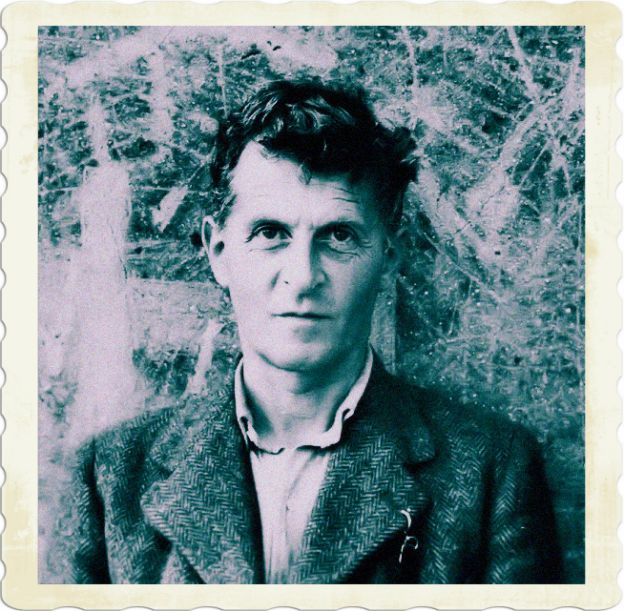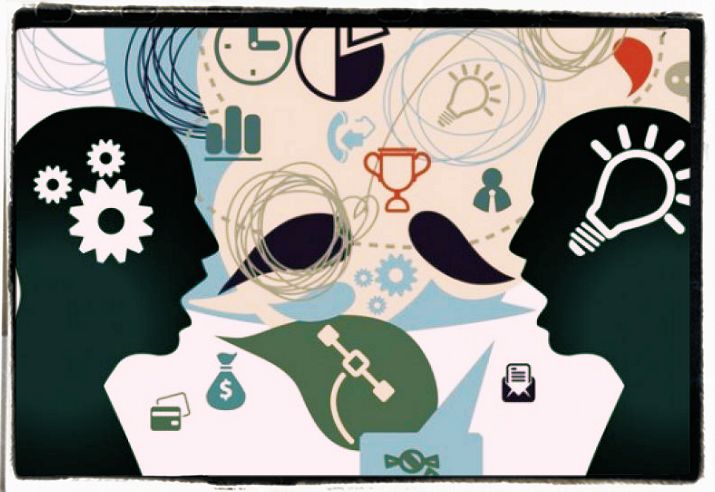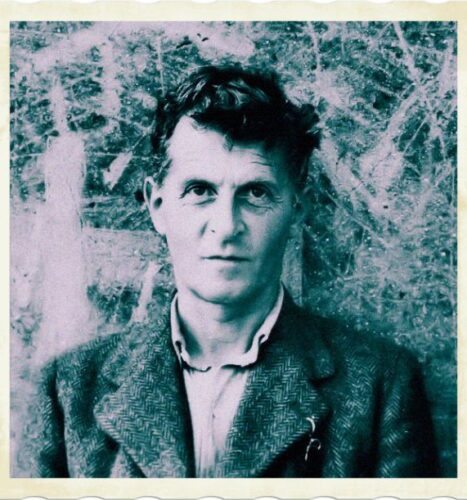
Language and Thought from The Psychology of Thinking by Robert Thomson, with some very interesting quotes about language and philosophy by Ludwig Wittgenstein.
Every discourse on language, art and words has a literary, philosophical and therefore political meaning.
Carl William Brown
The aim of the book (Tractatus logico philosophicus) is to set a limit to thought, or rather – not to thought, but to the expression of thoughts: for in order to be able to set a limit to thought, we should have to find both sides of the limit thinkable (i.e. we should have to be able to think what cannot be thought). It will therefore only be in language that the limit can be set, and what lies on the other side of the limit will simply be nonsense.
Ludwig Wittgenstein
Like everything metaphysical the harmony between thought and reality is to be found in the grammar of the language.
Ludwig Wittgenstein
It is not humanly possible to gather immediately from it what the logic of language is. Language disguises thought.
Ludwig Wittgenstein
Think of the tools in a tool-box: there is a hammer, pliers, a saw, a screwdriver, a rule, a glue-pot, nails and screws. The function of words are as diverse as the functions of these objects.
Ludwig Wittgenstein
Philosophy is a battle against the bewitchment of our intelligence by means of language.
Ludwig Wittgenstein
Language is a part of our organism and no less complicated than it.
Ludwig Wittgenstein
Philosophical problems arise when language goes on holiday
Ludwig Wittgenstein
Philosophy is a battle against the bewitchment of our intelligence by means of language.
Ludwig Wittgenstein
An entire mythology is stored within our language.
Ludwig Wittgenstein
The limits of my language means the limits of my world.
Ludwig Wittgenstein
If we spoke a different language, we would perceive a somewhat different world.
Ludwig Wittgenstein

The sole remaining task for philosophy is the analysis of language.
Ludwig Wittgenstein
The common behavior of mankind is the system of reference by means of which we interpret an unknown language.
Ludwig Wittgenstein
Better to remain silent and be thought a fool than to speak out and remove all doubt.
Abraham Lincoln
Poetry is when an emotion has found its thought and the thought has found words.
Robert Frost
Language is not only the vehicle of thought, it is a great and efficient instrument in thinking.
Humphry Davy
Without freedom of thought, there can be no such thing as wisdom – and no such thing as public liberty without freedom of speech.
Benjamin Franklin
Freedom of speech, freedom of the press, and freedom of religion all have a double aspect – freedom of thought and freedom of action.
Frank Murphy
It is evident that there is a close connection between the capacity to use language and the capacities covered by the verb “to think”. Indeed some writers have identified thinking wit using words; Plato coined the aphorism, “In thinking the soul is talking to itself”; J. B. Watson reduced thinking to inhibite speech located in the minute movements or tensions of the physiological mechanisms involved in speaking; and although Ryle is careful to point out that there are many sense: in which a person is said to think in which words are not in evidence, he has also said that saying something in specific frame of mind is thinking a thought.
Is thinking reducible to, or dependent upon, language habits? It would seem that many thinking situations are hardly distinguishable from the skilful use of language, although there are some others in which language is not involved. Thought cannot be simply identified with using language. It maybe the case, of course, that the non-linguistic skills involved in thought can only be acquired and developed if the learner is able to use and understand language. However, this question is one which we cannot hope to answer in this book. Obviously being able to use language makes for a considerable development in all one’s capacities but how precisely this comes about we cannot say.

At the common-sense level it appears that there is often a distinction between thought and the words we employ to communicate with other people. We often have to struggle hard to find words to capture what our thinking has already grasped, and when we do find words we sometimes feel that they fail to do their job properly. Again when we report or describe our thinking to other people we do not merely report unspoken words and sentences. Such sentences do not always occur in thinking, and when they do they are merged with vague imagery and the hint of unconscious or subliminal activities going on just out of range.
Thinking, as it happens, is more like struggling, striving, or searching for something than it is like talking or reading. Words do play their part but they are rarely the only feature of thought. This observation is supported by the experiments of the Wurzburg psychologists reported in Chapter Eight who showed that intelligent adaptive responses can occur in problem-solving situations without the use of either words or images of any kind. “Set” and “determining tendencies” opearte without the actual use of language in helping us to think purposefully and intelligently.
Again the study of speech disorders due to brain injury or disease suggest that patients can think without having adequate control over their language. Some patients, for example, fail to find the names of objects presented to them and are unable to describe simple events which they witness; they even find it difficult to interpret long written notices. But they succeed in playing games of chess or draughts.
They can use the concepts needed for chess playing or draughts playing but are unable to use many of the concepts in ordinary language. How they manage to do this we do not know. Yet animals such as Kohler’s chimpanzees can solve problems by working out strategies such as the invention of implements or climbing aids when such animals have no language beyond a few warning cries. Intelligent or “insightful” behaviour is not dependent in the case of monkeys on language skills: presumably human beings have various capacities for thinking situations which are likewise independent of language.
from The Psychology of Thinking by Robert Thomson
You can also read:

